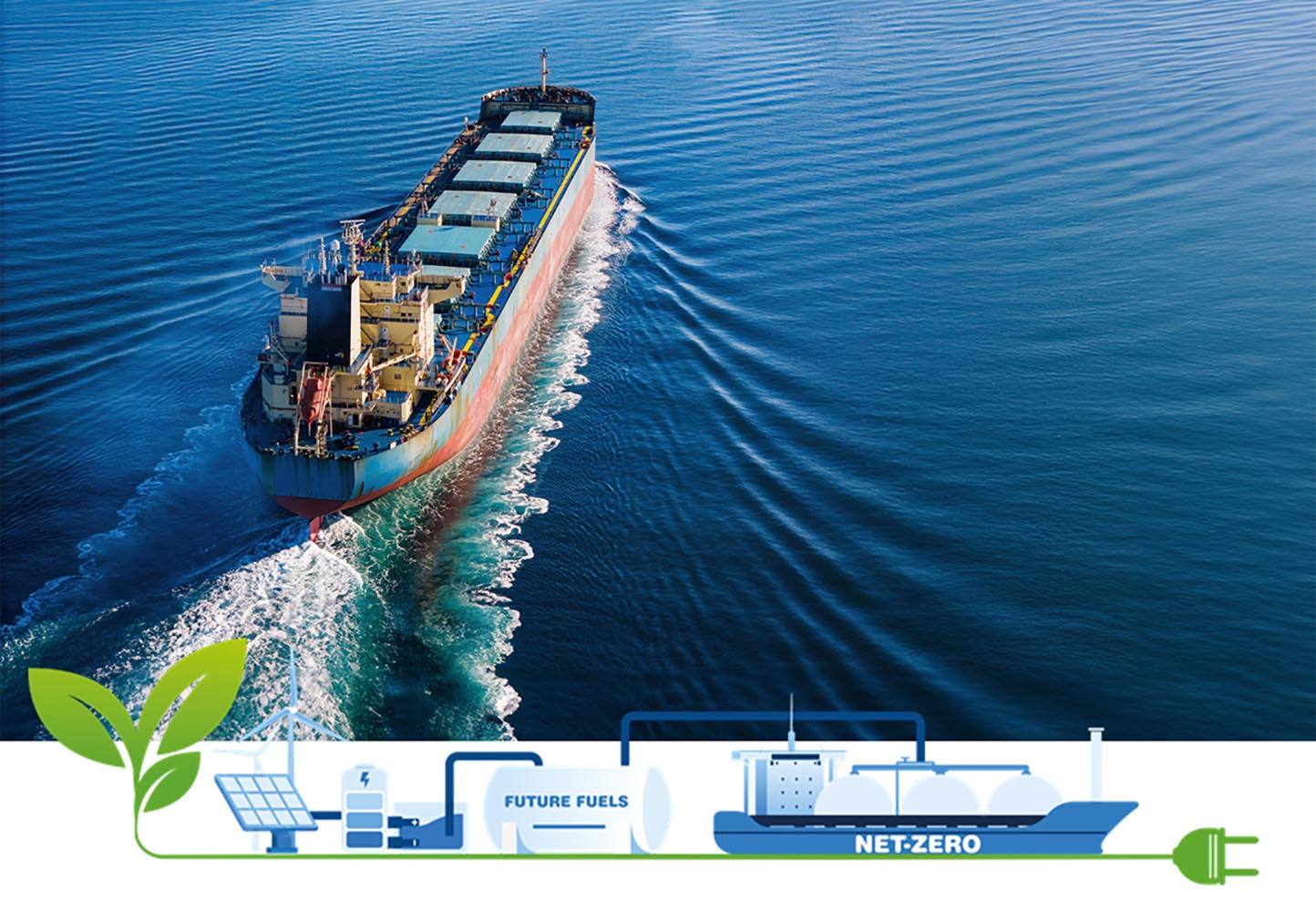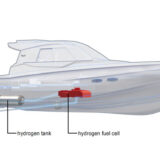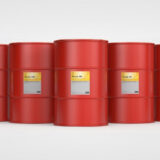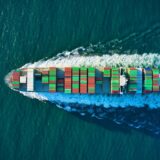
Experts launch life cycle GHG assessment of marine fuels for IMO
A group of independent scientific experts began a comprehensive assessment of the life cycle greenhouse gas (GHG) intensity and sustainability of marine fuels. This effort supports the International Maritime Organization’s (IMO) Guidelines on Life Cycle GHG Intensity of Marine Fuels (LCA Guidelines). The experts, working under the Joint Group of Experts on the Scientific Aspects of Marine Environmental Protection (GESAMP), aim to refine emissions quantification and develop sustainability frameworks for marine fuel certification.
The Joint Group of Experts on the Scientific Aspects of Marine Environmental Protection has established a new Working Group on Life Cycle GHG Intensity of Marine Fuels (GESAMP-LCA) following a recommendation by IMO’s Marine Environment Protection Committee (MEPC).
This work will support MEPC’s work on further developing the IMO LCA framework.
The first meeting of this new GESAMP Working Group was held in IMO Headquarters in London, UK, from September 10-13. The group’s report will be submitted to MEPC 83 in April 2025, after its peer review by GESAMP. During its first meeting, the Working Group discussed matters related to the methodological refinement of emission quantification in the IMO LCA Guidelines, sustainability themes and aspects, as well as methodological requirements with regard to certification.
This assessment is critical for the IMO’s continued work on reducing the environmental impact of global shipping.
The members of the GESAMP-LCA Working Group, acting in their individual capacity, are from Bangladesh, Brazil, Canada, China, Finland, Italy, Japan, Malaysia, Singapore, Sweden, United Kingdom and United States.













